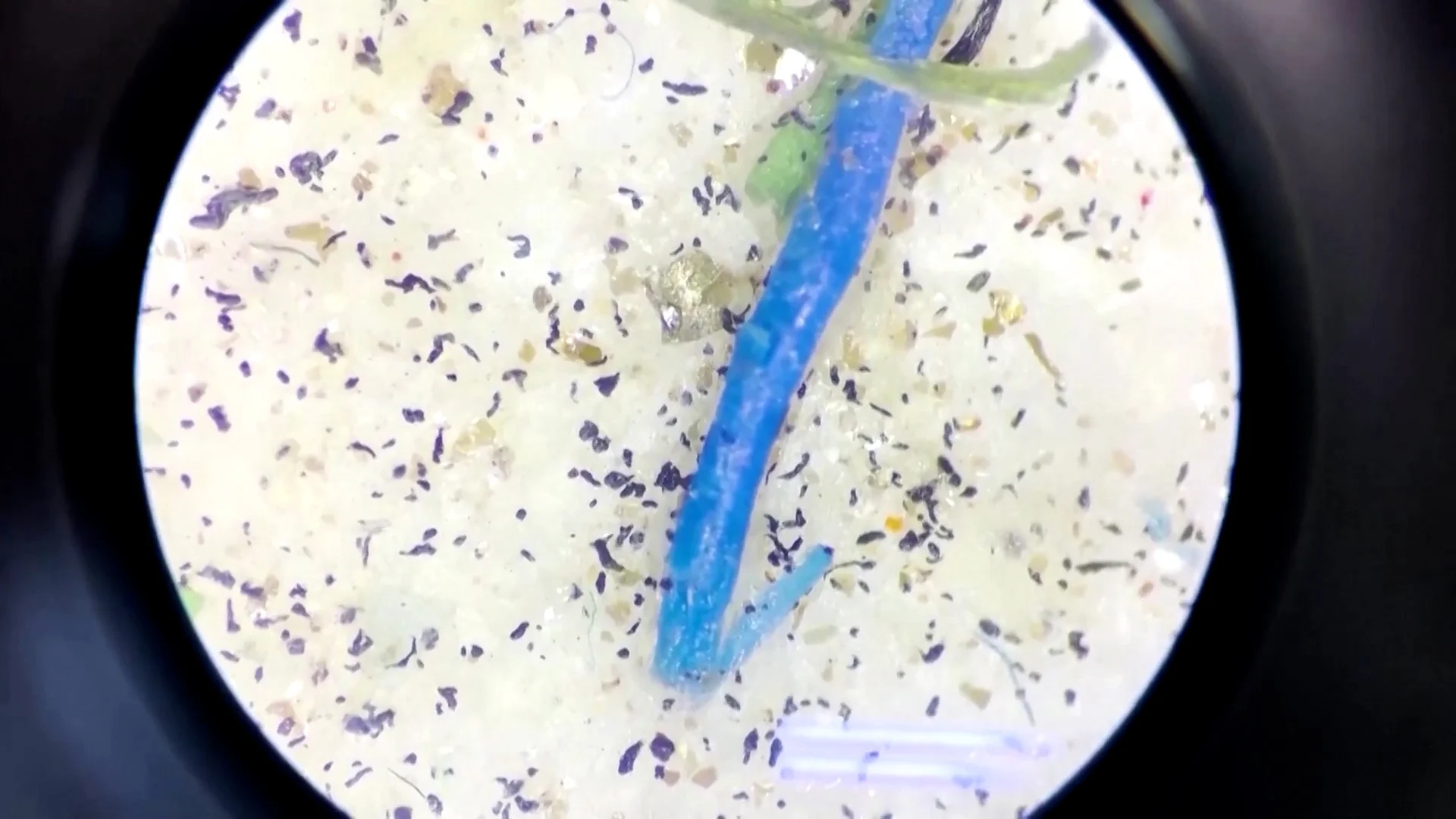
Microplastics found in human blood for the first time
REUTERS - Scientists have found traces of microplastic in human blood for the first time in new research published on Thursday (March 24).
The study, led by scientists at Vrije Universiteit Amsterdam, took blood samples from 22 donors and tested them for five different types of plastic.
Plastic particles were found in 17 of the participants.
According to Professor Dick Vethaak, an ecotoxicologist from Vrije Universiteit Amsterdam, the effects of the plastic particles in the bloodstream are still unknown.
“We still have to understand …what happens to these particles in our body?” Vethaak told Reuters.
Further research into the health risks of the plastic particles in the bloodstream could take between “five to ten years.”
According to Vethaak, microplastic exposure won’t be fixed soon.
“It's something we have to deal with in the coming decades. I think [it] is one of the emerging environmental problems,” he added.
Avoiding microwaving your food in plastic containers and ventilating your house are some of the solutions given by Vethaak to minimize the ingestion of plastic particles.
The research, published in the journal Environment International, looked for polymethyl methacrylate, polypropylene, polystyrene, polyethylene and polyethylene terephthalate in a completely plastic-free environment.
A 2019 study by WWF International concluded that people could be ingesting the equivalent of a credit card of plastic week.
(Production: Gabriela Boccaccio)











